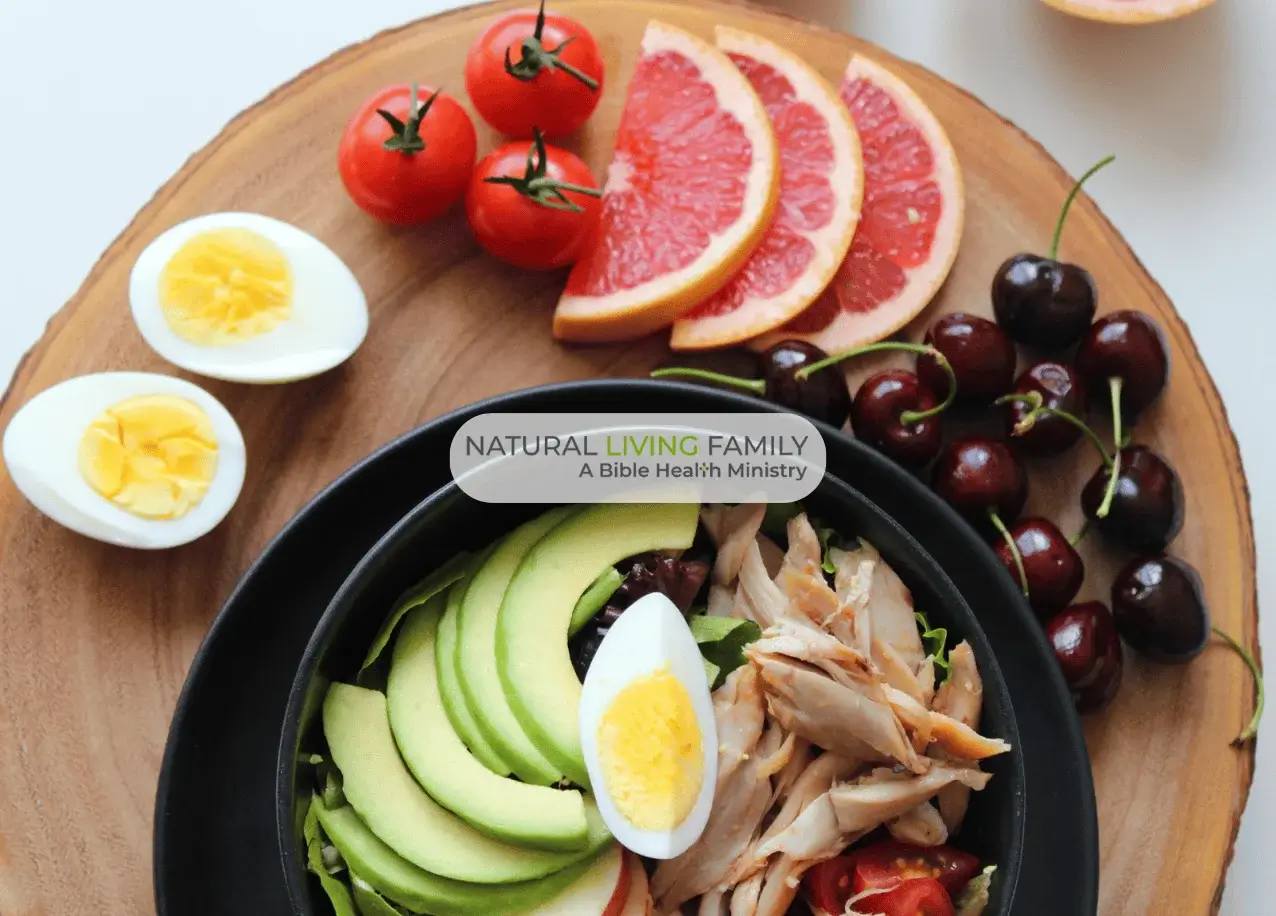Both omega-3 and omega-6 fatty acids are important components of a healthy diet, but where we go wrong is in the kinds of fats we choose and the ratio in which we consume them. Making omega 3 sources a priority in the diet can improve health throughout the whole body.
While the fat-free fad has seemed to slow for now, “low-fat” is still considered a positive attribute. For the last several decades, fat has gotten a bum rap in our society. Even within natural health discussions where healthy fats are valued, the best sources of omega-3 fatty acids are favored while omega-6 gets a cold shoulder.
Table of Contents
What Are Omega Fatty Acids?
You can identify a type of fat by its structure at room temperature. Saturated fat will be solid, and unsaturated will remain liquid. Omegas are unsaturated fats, and the number indicates how many double bonds the fatty acid contains. Trans fats are usually artificially created in order to make a heat stable, shelf stable product. What are omegas? A diet rich in varied vegetables and that favors fish as a protein will naturally contain plenty of omegas.
Unsaturated fats are usually found in plants and fish. However, omega-6 is also found in red meats and vegetable oils. The Standard American Diet – loaded with meat, processed foods with vegetable oils, and margarine – provides plenty of omega-6, but may fall short of the best sources of omega 3.
What are omegas? Fatty acids are identified by the way the molecular chain is formed and bonded. Unsaturated fats have some empty spaces in their chains, called double bonds, while saturated fats are completely filled (saturated) with hydrogen atoms and have no empty spaces left. Saturated fats tend to be more stable, making them preferable when cooking at high heat.
The Importance of Balancing Your Omegas
Omega fatty acids are components in brain health, affecting mood and cognition and protecting against stress. They work in conjunction to provide numerous benefits to the body. (1). They can protect against allergies and asthma. (2) They are anti-inflammatory, helping the immune system to effectively target intruders with inflammation rather than healthy tissues. (3) Anti-inflammatory effects make omegas advantageous for the many inflammatory illnesses that plague our society, such as inflammatory bowel disease, arthritis, and eczema. Western ratios of omega-6 to omega-3 fall closer to 20:1. (4)
While the top omega 3 sources are almost immeasurably beneficial, too much omega-6 in the diet can actually have opposite effects, causing inflammation rather than preventing it. Experts typically recommend that omegas should be consumed in a 1:1 ratio, but our excessive meat and vegetable oils and limited whole vegetables, nuts, and seeds lead to heavy levels of omega-6 and deficient omega-3. We continue the spiral of inflammation and disease without a good ratio of omegas. For this reason, we don’t want to focus on increasing all sources. Instead, we should choose the best sources of omegas.
Our dietary omega-6 intake should be chosen carefully and wisely. If the best sources of omega 3 are supplemented, they should be sourced carefully in order to ensure absorption. Balancing omegas with high-quality sources can relieve ailments and promote overall wellness – you just have to know where to look!
The Best Sources of Omega-3
We are cutting our bodies short of countless nutrients by choosing the packaged and delivered versions of food rather than what can be found in nature. It’s no secret that Western diets are low in fresh, real foods. By adding some of these best sources of omega 3 fatty acids, you will begin to regain health and balance in your body (5):
- Nuts, seeds, and their oils (See our favorite healthy nut snack recipe)
- Flax
- Chia
- Walnuts
- Olive oil (Learn why the best olive oil sources are vital.)
- Well-sourced meats
- Fish and fish oil
- Beef, especially grass-fed
- Lamb
- Various vegetables
- Spinach and lettuce (See a healthy spinach and cucumber salad recipe we love.)
- Squash
- Broccoli
- Turnips
- Cauliflower
- Cabbage and other cruciferous vegetables
The Mediterranean diet ensures higher levels of the best sources of omega 3 and a more balanced consumption of omega-6. Fresh produce, nuts and seeds, and olive oil are staples at nearly every meal, and processed foods are minimally, if ever, consumed. This diet typically includes fish or vegetarian meals and very little, if any, red meat.
The Best Sources of Omega-6
There are many good sources of omega-6 that you can include in your diet. Omega-6 fatty acids are most frequently consumed in red meats and processed foods that utilize margarine and vegetable oils. However, there are much better sources of omega-6. Here are some of the best sources of omega-6 that you can include in your diet:
- Healthy vegetable oils
- Safflower
- Grape seed
- Sunflower
- Nuts and seeds
- Walnuts
- Pine nuts
- Sunflower seeds
- Pecans
It can be just as important to reduce the amount of unhealthy omega-6 sources as it is to increase the good. It’s about making the shift more than making an increase. If you’re already consuming the best sources, you might consider reducing or eliminating these unhealthy foods that have high levels of omega-6:
- Beef, especially conventionally raised
- Cereal
- Chicken, especially fried
- Chips
- Corn oil
- Crackers
- Margarine
- Meats
- Pastries and baked goods
- Pork
- Processed foods
- Shortening
- Turkey
- Vegetable oils
Better yet, replace packaged, processed foods with homemade options using better sources of omegas. (5)
Choosing A Good Supplement
One of my favorite sources of vegetarian omegas is flaxseed oil. Here’s why… The quality of the food we eat is just as important as the type of foods we choose for our source of omegas. Even though fish may be an excellent source of omega-3s, it can also be contaminated with heavy metals and other toxins. Nuts, seeds and produce are also good choices, but budget and availability can lead to less consumption.
Even though you can make changes to your diet to improve the ratios of omegas you consume, you may still have an imbalance to overcome or a condition that warrants a stronger approach. Supplementing omegas can help to re-establish balance and wellness, but the wrong supplements may just waste your time and money. Purdue University found that over 70% of omega-3 supplements lacked the labeled levels of EPA and DHA, the forms of omega-3 that the body needs. (6)
Always research supplement manufacturers to find trusted sources. Even though the manufacturer may be forthcoming with its ingredients, mishandling the oils can lead to oxidation, which renders the supplement ineffective. (7) To fight back against our culture of inflammation and disease, make sure you choose only the best sources of omegas – in both food and supplement form. Flaxseed oil is one of nature’s richest and best sources Omega 3 fatty acids. Organic flax oil is ideal for:
- Heart Health
- Cholesterol Levels Already Within a Healthy Range
- Joint Mobility & Bone Density
- Energy & Endurance
- Blood Glucose Levels Already Within a Healthy Range
- Skin, Hair & Nail Health
What Are Lignans?
Good question! Lignans are a highly researched class of plant phytonutrients; most abundantly found in flaxseed, and they have recently soared to the forefront of current nutritional research. Multiple studies have reported on the role of lignans in Heart Health and Hormonal Support.* You can use this organic oil in salad dressings, mixed with yogurt, cottage cheese, oatmeal, blended beverages & protein drinks. Remember refrigerating and freezing will extend shelf life up to one year.
Note, if you are following Bill Henderson’s recommended Budwig Protocol, the dosage is 6 tablespoons of flax oil mixed with about 12 tablespoons of 1% or 2% fat cottage cheese. Put this in the blender with berries, nuts, some stevia and an ounce or two of purified water. You can adjust your mixture to your taste, blend on “Liquify” setting. Eat as soon as it is blended.
- https://www.ncbi.nlm.nih.gov/pubmed/25732379
- https://www.ncbi.nlm.nih.gov/pubmed/25572556
- https://www.ncbi.nlm.nih.gov/pubmed/25244229
- https://www.ncbi.nlm.nih.gov/pubmed/12442909
- http://nutritiondata.self.com/foods-000140000000000000000-w.html
- https://www.ncbi.nlm.nih.gov/pubmed/25044306
- https://www.ncbi.nlm.nih.gov/pubmed/23863036











